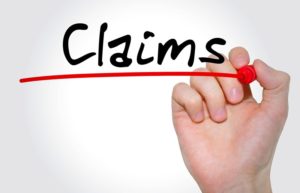There is a £1,000 tax allowances for miscellaneous trading income that has been available to taxpayers since April 2017. This is known as the trading allowance. The income raised from these kinds of ventures is usually supplemental to a taxpayer’s main income, but this is not always the case.
The exemption from tax applies to taxpayers who have trading income of up to £1,000 from:
- self-employment
- casual services, for example, babysitting or gardening
- hiring personal equipment, for example, power tools.
Where this £1,000 allowance covers all the individual’s relevant income (before expenses), the income is tax-free and does not have to be declared to HMRC.
You must tell HMRC if you have:
- gross trading income over £1,000
- other gross income over £1,000 up to £2,500
- other income over £2,500
Taxpayers with higher amounts of income will have the choice, when calculating their taxable profits, of deducting the allowance from their receipts, instead of deducting the actual allowable expenses.
There is also a separate £1,000 allowance for miscellaneous income from property. For example, for renting a driveway. This is known as the property allowance.







